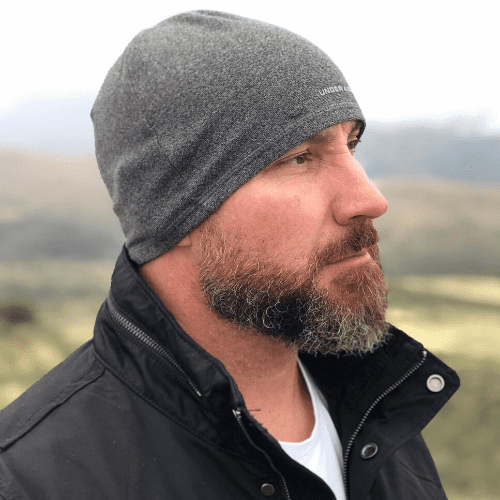After treatment, you’ll find yourself restructuring your life from taking care of your body through eating healthy and exercising to working through your mental health struggles through therapy. However, sometimes there’s a third element missing that you might be apprehensive about tackling. Addiction destroys the mind, body, and spirit. You might have a disconnect when it comes to spirituality, either based on your upbringing or personal opinions, but it plays a vital role in recovery.
Searching for help with drug and/or alcohol addiction? Call us now at (888) 201-4610.
The Difference Between Religion and Spirituality
If you find yourself uncomfortable exploring spirituality, it might be because you have a complicated relationship with religion. Sometimes people feel negatively towards religion due to trauma related to their upbringing or the religious community they were raised in.
When exploring spirituality, it’s important to understand there’s a big difference between spirituality and religion. Religion is related explicitly to a set of beliefs practiced by an institution or a faith.
It may focus on a particular deity and the community that worships together. Spirituality focuses more on individual beliefs, like how you might fit in with the bigger picture or your values and morals.
Spirituality is more like a relationship than a situation where there are rules that you must follow at every turn. Religions in this regard can often make you feel as if you’re always making mistakes and you’ll never be good enough.
Focusing on Your Values and Beliefs
The foundation of developing your personal spiritual beliefs involves addressing what your morals, values, and beliefs are. This foundation of beliefs is based on what feels right to you. Developing these values early on can also help you feel connected to a sense of identity and guide your life choices.
Perhaps you believe that everyone is connected or that everyone is deserving of empathy. How does that apply to yourself, your daily life, and your connectedness to others?
Ask yourself deep questions to help create this foundation on which to base your spirituality. Answer them honestly, and you’ll create the framework to start your unique approach to spirituality.
Finding Something Bigger Than Yourself
Programs that follow the 12-Step program often mention a higher power, or in the case of AA, they mention God. That can be a turn-off for some who don’t feel religious. In most 12-Step style programs, a higher power doesn’t mean the Christian God, but rather any higher power that is greater than yourself and is loving.
Maybe your higher power is God, or maybe it’s the Universe, or maybe it’s the power of human beings on a global scale. Whatever it is, a higher power helps to find something more significant to connect to because it gives you a sense of belonging to something stronger than yourself.
You can relinquish that control and accept that some things are out of your control. Those “somethings” might be up to God, the Universe, or the power of everyone on the planet.
If you have difficulty connecting to something larger than yourself, know that you’re not alone. It can be hard to see the big picture and connect to it, or you might not have the same perspective. Maybe you don’t see something bigger. However, a part of spirituality is exploring that.
Committing to a Practice
A great way to connect to and develop your spirituality is to take on a regular practice. Attending a place of worship can be a starting point if you feel comfortable. Some congregations are non-denominational, but it’s great to seek that out if you feel more at home with a particular denomination. If you aren’t interested in attending service with a religious organization, there are independent practices that can be valuable to expanding or establishing your spiritual connection.
Attending a yoga class can help you feel grounded, connected with your body, and at peace. Practicing gratitude can help you feel thankful for everything that you do have in life. Meditation and mindfulness exercises can help you slow your mind down and de-stress.
Even praying daily can do wonders if you feel connected to a higher power but aren’t interested in regularly attending a religious service. There are many ways to commit time to center your spirituality in your daily life that fit your beliefs.
If you’ve felt a major spiritual disconnect, reaching deep and unearthing your true beliefs and feelings can be hard. Addiction destroys the mind, body, and spirit, and all three must be addressed.
Whether you reconnect through meditation, yoga, a 12-Step program, or attending services again, finding deeper meaning in life is essential to recovery.
Reconnecting with your spiritual side is a large part of aftercare because your beliefs drive your values, goals, and purpose. Seeing the bigger picture can give you a sense of belonging to something greater than yourself. It can give life meaning.
This pathway is deeply individual and personal, but knowing your connectedness to the world around you can be a huge driving force in recovery.
Cornerstone offers a 12-Step program in Scottsdale, Arizona, as well as meditation therapy and yoga practices in our rehab programs. For more information about these services or how spirituality can help with your recovery, contact us at (800) 643-2108 to learn more.
Published on: 11/30/2022









